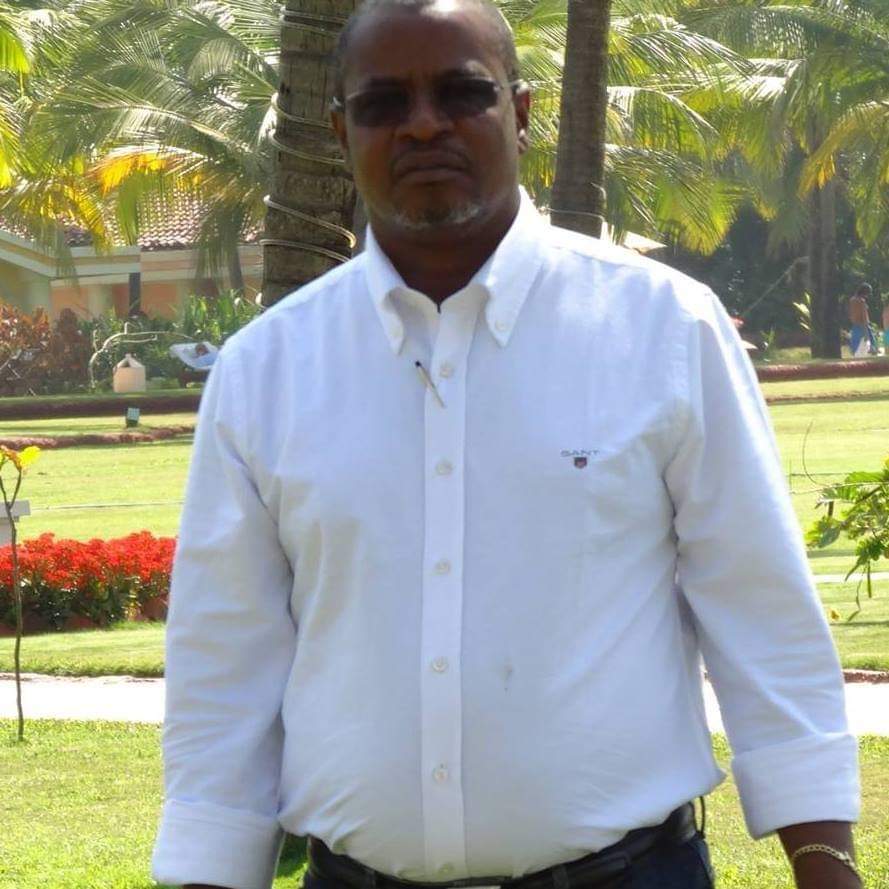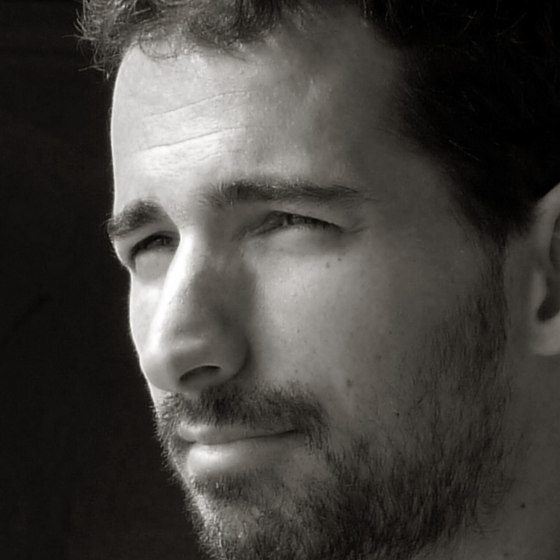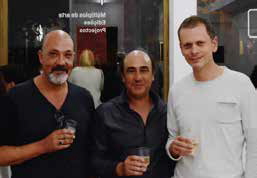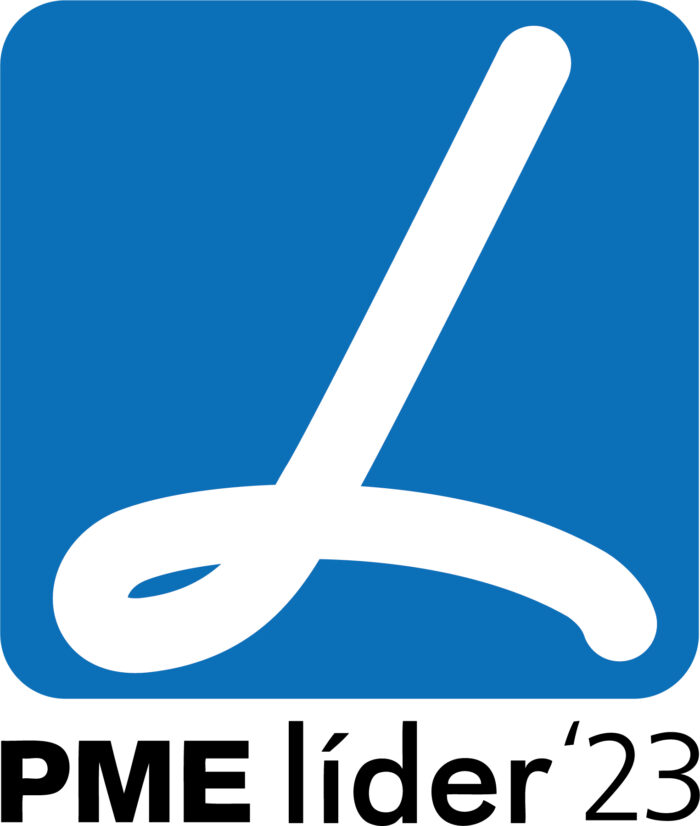A conversation with Eng. Elias Paulo

A conversation with Eng. Elias Paulo
‘Mozambique is solid and its great asset, which is its people, is getting better, there are increasingly better professionals who are going to catapult the country to other levels’
Tell us about what it means to be a Civil Engineer in the Mozambican context.
It is a serious challenge, considering the complexity of the infrastructures that lack in the country. Usually, when an engineer is working in a district, he is expected to solve everything, all problems. Sometimes the specialization is not held into consideration, it is he who has to solve the problems of hydraulics, structures, and all the others, each with their own specificities. So it’s a challenge. What we need, especially for the youngest, the recently graduated, is that they face the challenges at a district level where infrastructure is lacking.
Your work is linked to works of great engineering: You were Head of the Implementation Office of the bridge over the Zambezi River (currently Emilio Gebuza Bridge) and Chairman of the Board of Directors of Maputo Sul, responsible for the construction of the new bridge between Maputo and Katembe. What is your effective role in these works?
Especially in the design of the Zambezi River Bridge, we encountered enormous challenges. The infrastructure was implanted in an area quite distant from the urban centers, with much expectation on the part of the population that lived there, hungry for employment. On the other hand, we had the challenges of incomprehension, including some non-governmental organizations operating in the region, which published articles criticizing us. But it was a great lesson for me. As there were sociological aspects that interfered, “in the engineering aspects”, we established a communication link with the local communities, especially with the local leaders, about the project problems, related to employment, with social aspects, because although it was a district where there were not many unemployed people, there was a group of unpaid people, who came from all over the country, to live in these communities and earn a salary. This could create a certain instability; it was necessary to establish a permanent communication channel to avoid any action that could jeopardize the challenge, and we did. Another aspect that I must highlight, since it was extremely important for the project’s success, was the interaction with the other participants: the owner, in this case represented by me and my colleagues; inspection; the contractor and the designer. We all had a common goal, which was to complete the work on time and within budget limits, and we did everything we could to achieve that. Then we had Maputo Sul bridge, with other challenges, an urban project with a lot of outside interference. We did what we could, and we are finishing the bridge that will soon be opened.
You are actively involved in promoting the development of the country’s roads, through public office. What has been done regarding this matter?
In fact, throughout my professional path, most of the time, I’ve worked at the roads’ department. I was General Director of the National Road Administration and President of the Road Fund and, fortunately, we have developed the concept of decentralization for a long time. In our structure, in this sector, twenty years ago, there was the central responsibility, that of the provincial government and those of the district governments. Today, with the country’s democratic development, we have moved towards decentralization. It is necessary to continuously improve what we have been doing, public policies, but I think that over time we will adapt to the reality that the country is going through.
Is the reality of public administration increasingly able to meet the effective needs of Mozambique?
Developing countries, such as Mozambique, have enormous challenges and especially situations in which resources do not reach the needs and public managers have to know how to reinvent themselves and, as it is said in slang, make omelets without eggs. It is a young country, whose independence was recently achieved (40 years ago) and it was not until 1977 that President Samora invited young people to embrace the country’s development tasks. It is gratifying to see that this generation is the public managers of today. Mozambique still has many challenges ahead, but naturally, there are significant improvements in the country, it is solid, and its great asset, which is its people, is here, getting better.
In our field, there are increasingly better professionals and these young people are going to catapult the country to other levels. The change has already begun. As an engineer, I would like to see technicians greater intervention, especially in the management of large projects, that professional institutions should be more consulted. Our Order is also young and still being implemented and affirming, I would like it to be more effective, more active and to be able to better implement and regulate the engineering activity in the country.
This interview is part of the Artes & Letras Magazine # 98, June 2018
Partially automatic translation from portuguese: some expressions may differ from their actual meaning.
News & Interviews
A conversation with Arch. Miguel Marcelino
'The invisible beauty of things has to do with perception, details ... which, due to their characteristics, add an invisible beauty that I find interesting to decode' Read more
A conversation with Eng. João Loureiro
'There is a unique space in Lisbon that aims to disseminate contemporary art and make it reach more people.' Read more
Betar distinguished again
The PME Leader 2023 status was awarded to the companies of the Group, Consultores and Estudos. Read more




